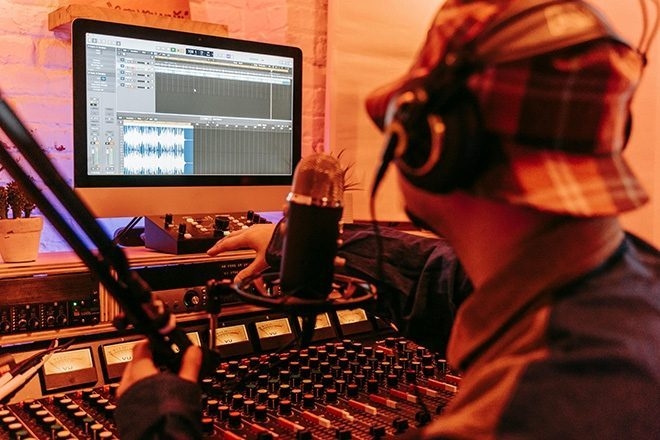Global value of music copyright has surpassed cinema for the first time
Last year the total revenue from recorded music, publishing and royalties reached US$45.5bn compared to global box office revenues of US$33.2 billion

The global value of music copyright surpassed that of cinema box office revenues in 2023.
A report published by Will Page, former chief economist at Spotify and PRS for Music, revealed that the income from recorded music, publishing and royalties (collected by CMOs) totalled $45.5bn.
This is compared to a total global box office earning of $33.2 billion, making music 38% times more valuable than cinema, whereas in 2019 cinema was 33% more valuable.
Read this next: Spotify launches higher-priced subscription tier for HiFi audio
Page notes that the global value of music copyright has increased by 11% year on year since 2021, meaning that, by next year, it could have doubled in a decade from 2014’s $25bn.
“Make no mistake,” says Page – who publishes the same report every year. “It’s boom time.”
In terms of distribution, 63% of the $45.5bn total went to labels and artists, while 37% went to songwriters, publishers, and their CMOs. This was the same divide as last year – although the proportions are bigger.
Read this next: Twitch launches update to allow DJs to pay for copyrighted music use on streams
Monetarily, this equates to $28.5bn in recorded revenues, $12.9bn in CMO collections, and $4.2bn in direct publisher income.
“Digging into the details, label income growth of 12% was driven mainly by streaming (up 10.4%),” explains Page. “But physical is no longer a rounding error — it actually outpaced streaming growth in percentage terms (13.4%) with vinyl in particular rising by 15.4%.”
He also calculated that, globally, vinyl will soon overtake CDs.
Read this next: Daddy Kev launches AI tool to help artists identify issues in music contracts
For CMOs and publishers, Page says that: “The value to CMOs of live performance now exceeds that of general licensing for public performance. Songs sung on stage are now generating more royalties than those wallpapering the background of high streets and hotels.”
Also, royalty income from broadcast and radio – “the traditional breadwinner” – have now been overtaken by digital collections.
“If you had suggested when I first did this exercise in 2015 that music might overtake cinema, you would have been laughed out of the room. Back then, the silver screen towered over the likes of Spotify and Netflix,” concludes Page.
Read this next: Spotify’s former licensing head claims the streaming service “deprives” artists of royalties
In May, a Spotify's former licensing head claimed that the platform’s new subscription scheme “deprives” publishers and songwriters of royalties.
Meanwhile, in March, James Blake launched a new streaming service that creates a direct link between artists and fans in response to current "unfair" royalty rates on major platforms.
Read Page's full report here.
Meena Sears is Mixmag's Digital Intern, follow her on Instagram


